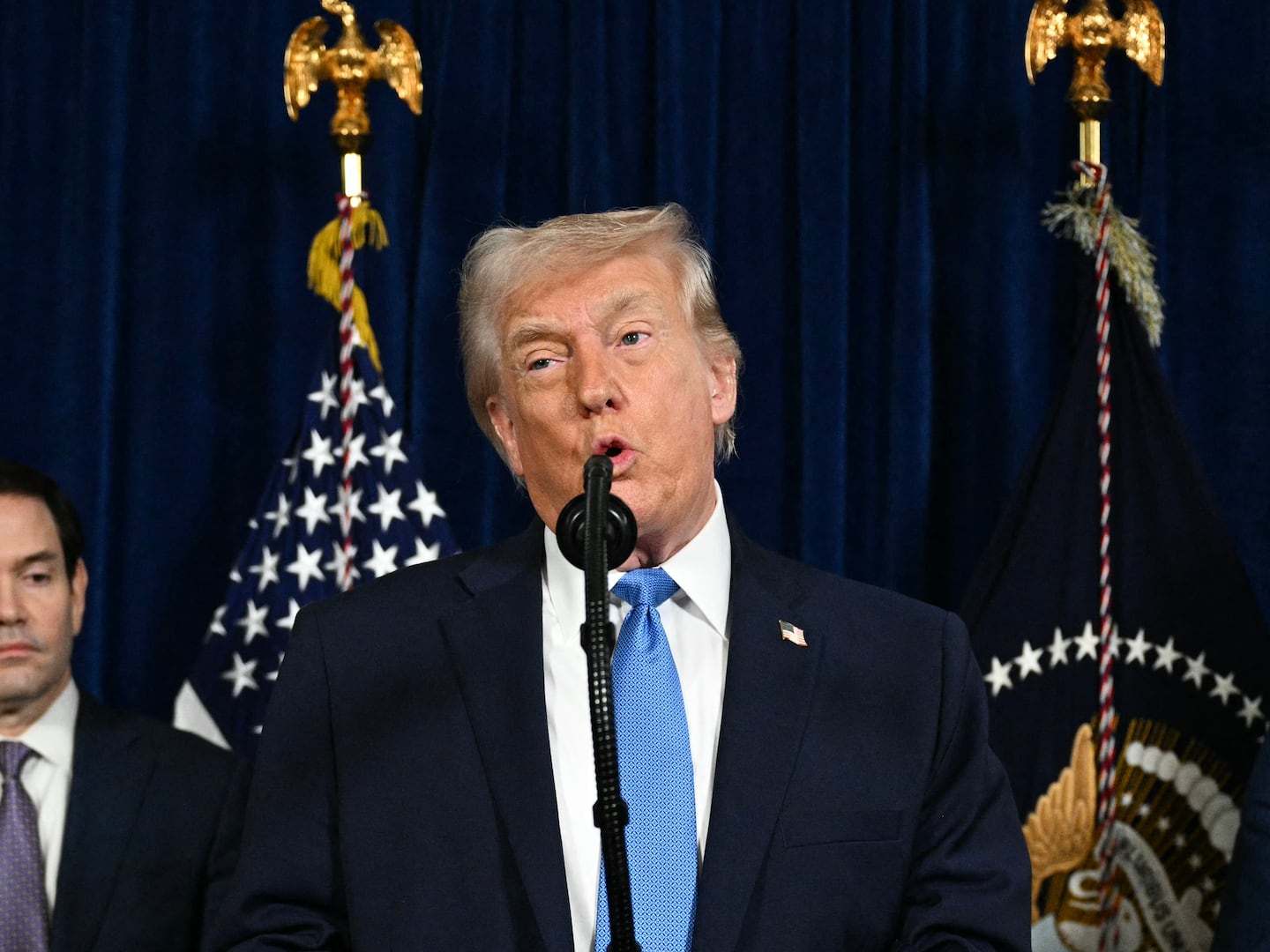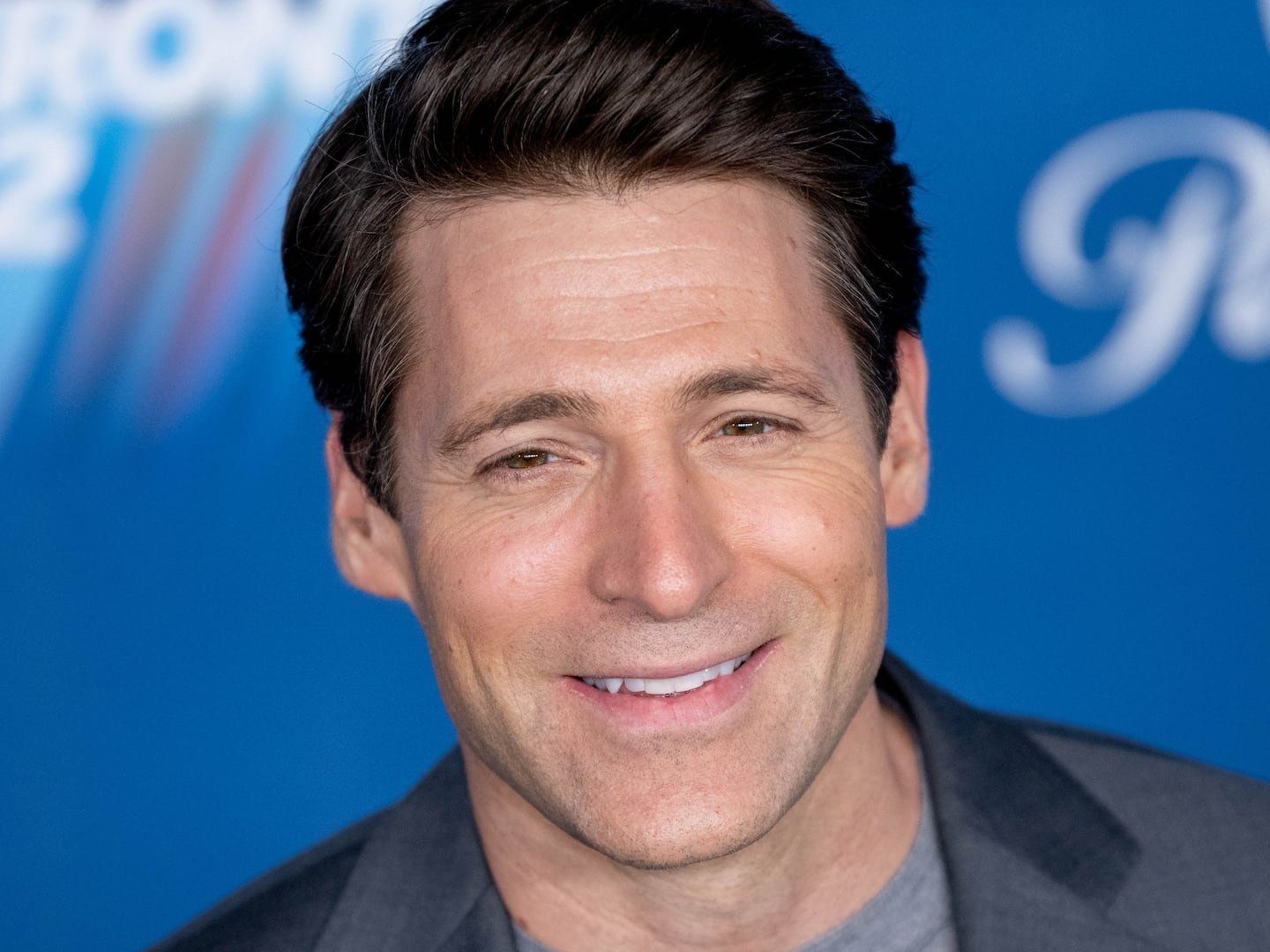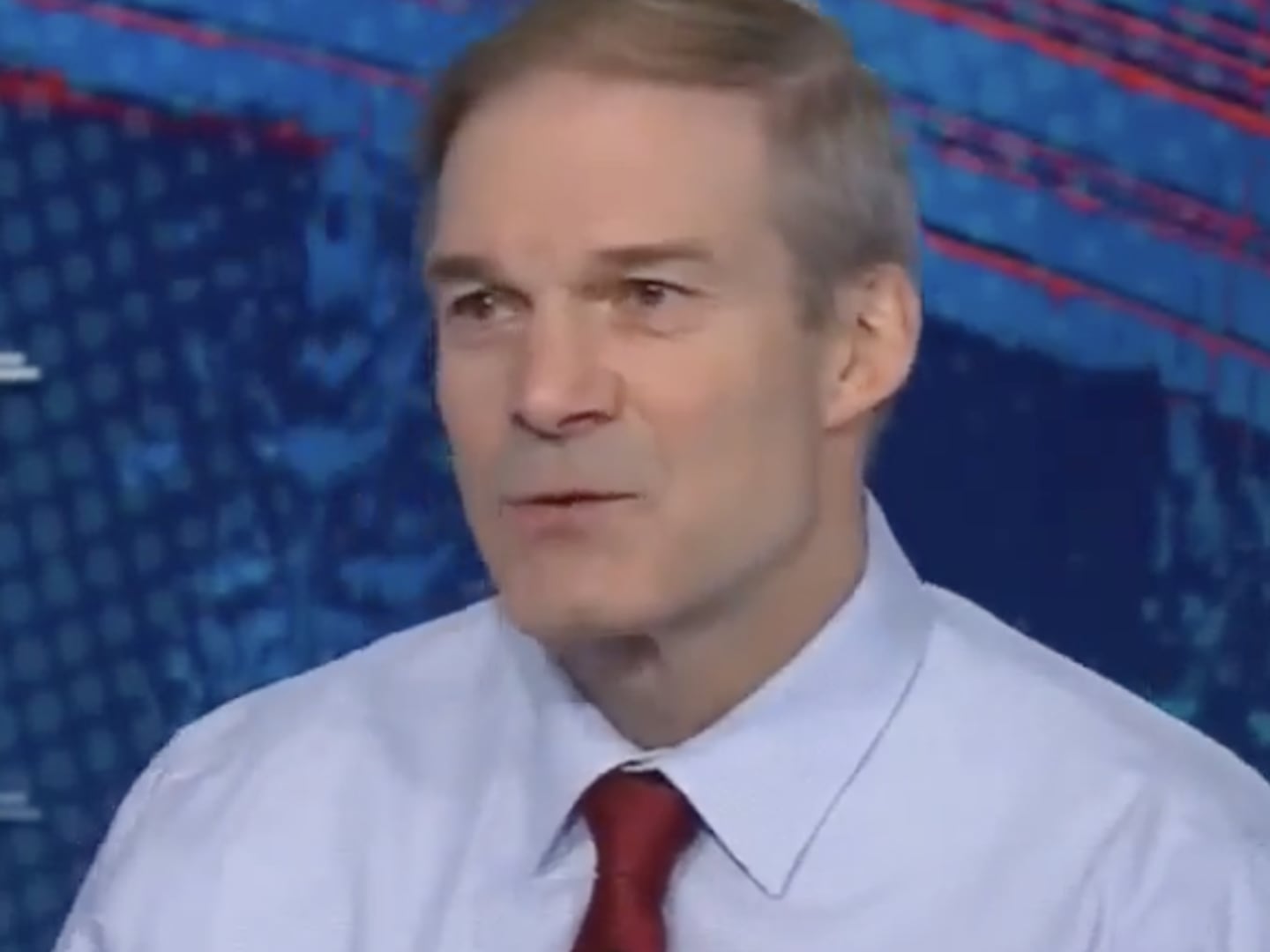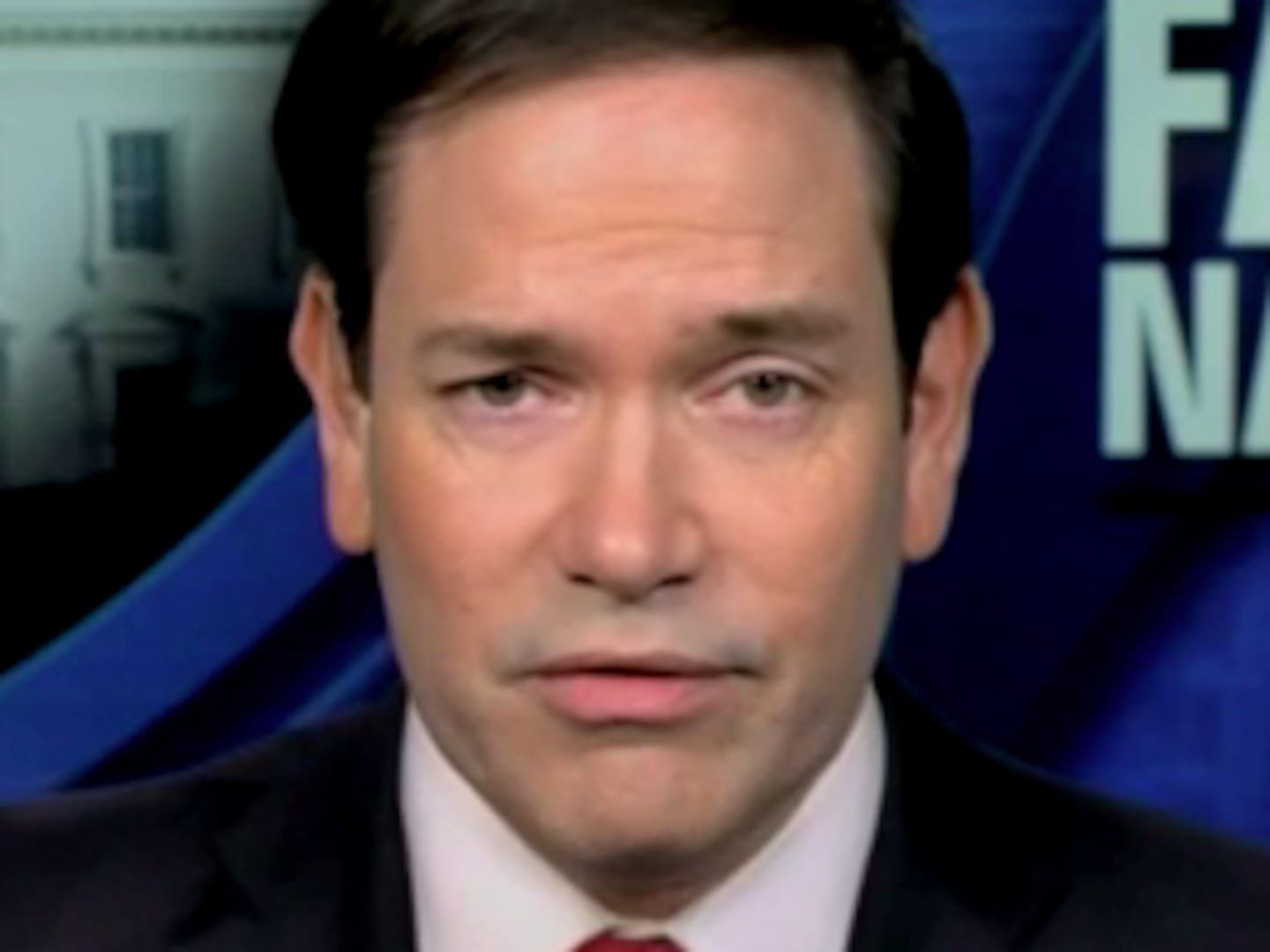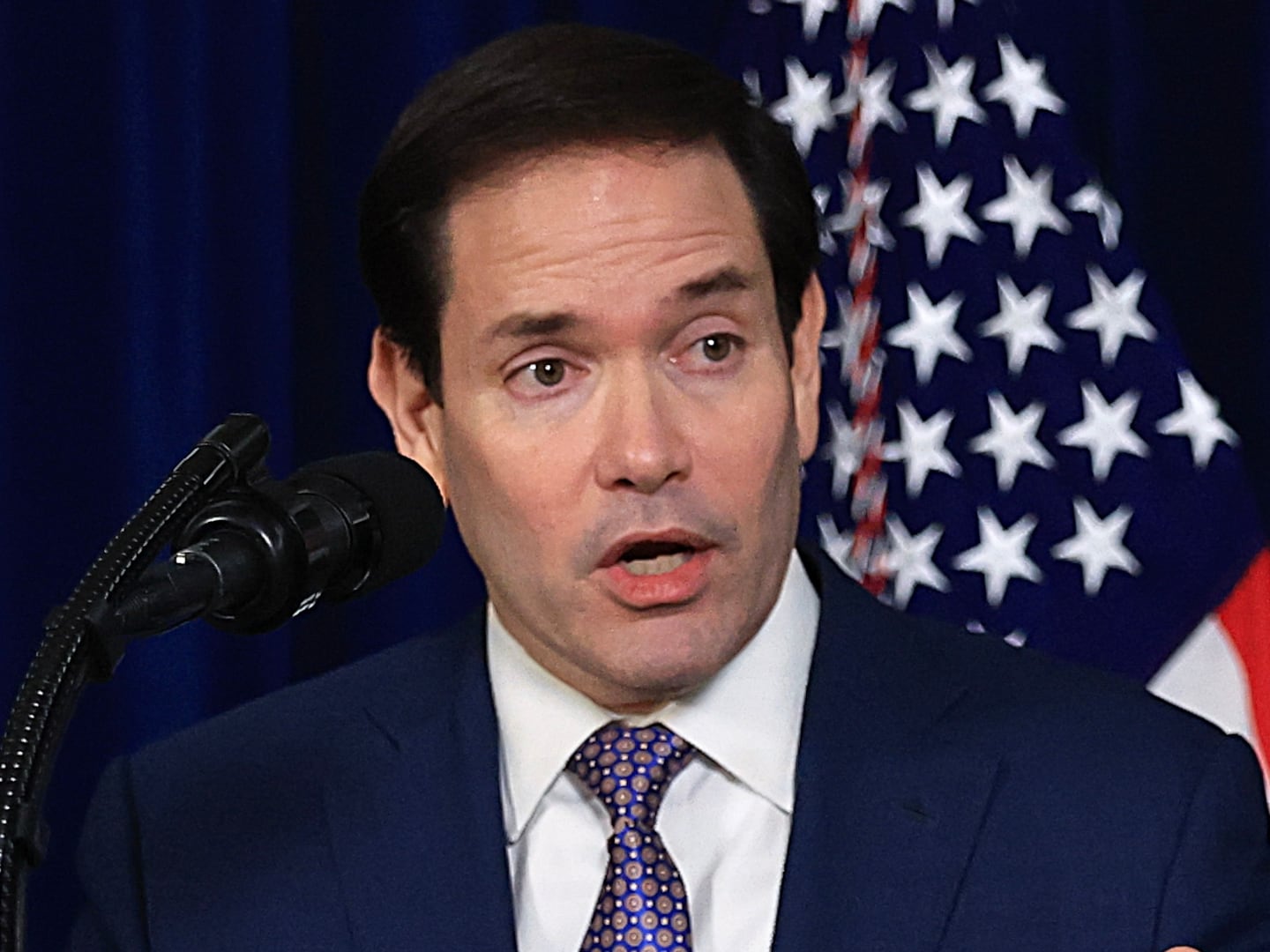A U.S. president married to a Hollywood celebrity would spark a full-blown media frenzy in America. But China, for one, is not fazed. In 2007, when now president Xi Jinping was named to the Politburo Standing Committee of the Chinese Communist Party (CCP), his wife, Peng Liyuan—a glamorous and wildly popular singer—quietly disappeared from public view.

Peng, 50, is known for singing soaring patriotic songs in praise of the Communist Party, often while clad in glittering floor-length ball gowns and occasionally in Chinese ethnic minority costume (think Barbra Streisand in Native American garb). She was born in Shandong province, enrolled at Shandong University of Art and Design at age 14, and joined the People’s Liberation Army in 1980, at 18. In 1986 she married Xi Jinping. Her daughter, Xi Mingze, was born in 1992 and stays invisible too (she studies at Harvard under an assumed name).
Peng’s star began to ascend in 1983, when she performed in state broadcaster China Central Television’s inaugural new year’s gala, today the most viewed TV program in the world. (Celine Dion performed at this year’s). Peng sang in the gala almost every year until 2007.
I was working in Beijing for a Chinese government-overseen magazine in 2007. We tried to run a profile describing Xi as “the son of a veteran revolutionary and the husband of Peng Liyuan, a famous singer,” but our censor asked us to delete that line. When we resisted, she forwarded us an email in bold red font from her superior at the Ministry of Commerce, stressing that we weren’t allowed to write about the personal lives of government officials, “especially family background or marital life.” To commit this “rudimentary political error,” he wrote, was to “touch a high-voltage line.”
Chinese government officials have many reasons to avoid revealing their personal sides. Many analysts say the CCP’s power relies on a façade of unity, and that means disappearing into a monolithic, faceless abstraction. Xi’s predecessor Hu Jintao was known for his blandness, but a video unearthed late last year of a smiling, animated Hu in 1984 suggests that his evolution toward inscrutability was purposeful.
It’s also posited that Chinese culture encourages conformity; there is an oft-quoted Chinese expression, “The bird that sticks out its neck gets shot.” Moreover, the idea of a high-profile first wife conjures the ghost of Jiang Qing, Mao’s wife who was also a performer and is widely considered responsible for China’s horrific Cultural Revolution. And, as exposés on the family wealth of Wen Jiabao and Xi have revealed, digging into the personal lives of China’s political elite tends to unearth skeletons.
Fast-forward to now: the Financial Times just reported that Peng will not only accompany Xi to the BRICS summit in Durban, South Africa, this month, but will speak there. “She can help China build soft power,” said a source in the piece. Peng also became a Goodwill Ambassador for tuberculosis and HIV/AIDS—a controversial subject in China—for the World Health Organization last year and won a splashy $160,000 China Arts Award in December.
Is Xi Jinping –and the Party at large—embracing American-style politicking? It’s widely opined that Bo Xilai, the charismatic Chongqing Party secretary purged last year, was brought down for being too threateningly populist. Yet, Xi Jinping seems to be styling himself in Bo’s mold. He’s made highly publicized visits around China the last few weeks, intended to echo Deng Xiaoping’s 1992 “southern tour” that jump-started China’s economy, and inspired enthusiastic tea-leaf readings that he’ll be a reformer. Though Bo was kicked down, perhaps the party has learned from his talents.
Pressure is on for the CCP to burnish its image. Overly outsize stars within—or married to—the party can be reined in, but society at large is developing a celebrity culture, and that’s a threat too. More and more, people look up to leaders from business, pop culture, and the Internet. Alibaba founder Jack Ma inspires Steve Jobs–like reverence in China. Real-estate tycoon Zhang Xin is affiliated with the World Economic Forum and the Council on Foreign Relations and is becoming a thought leader. And the rabid following behind Li Yang, founder of Crazy English, is downright cultlike.
These people have the power to influence the masses and could do so in dangerous ways. Kai-Fu Lee, former president of Google China, has microblogged veiled criticisms of the government on his Weibo account, which has over 32 million followers. Yang Lan, the “Oprah of China,” has griped about China’s media censorship (“There are frustrations”) to overseas publications like Marie Claire. And the most popular blogger in China is Han Han, known for his cynical attitude toward Chinese politics and society.
In the face of this kind of competition, a little stardust from China’s new first lady might be the party’s best weapon.


